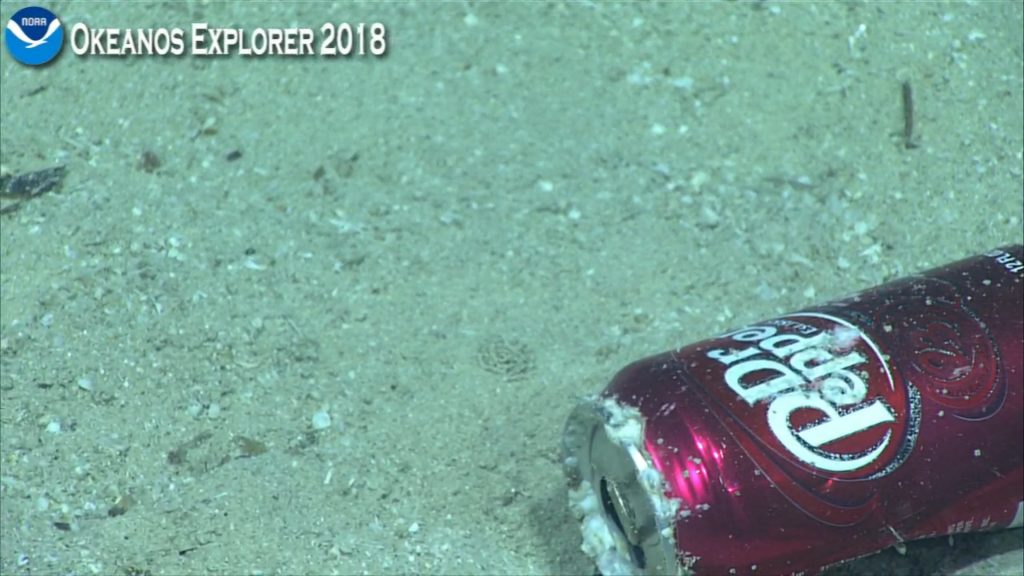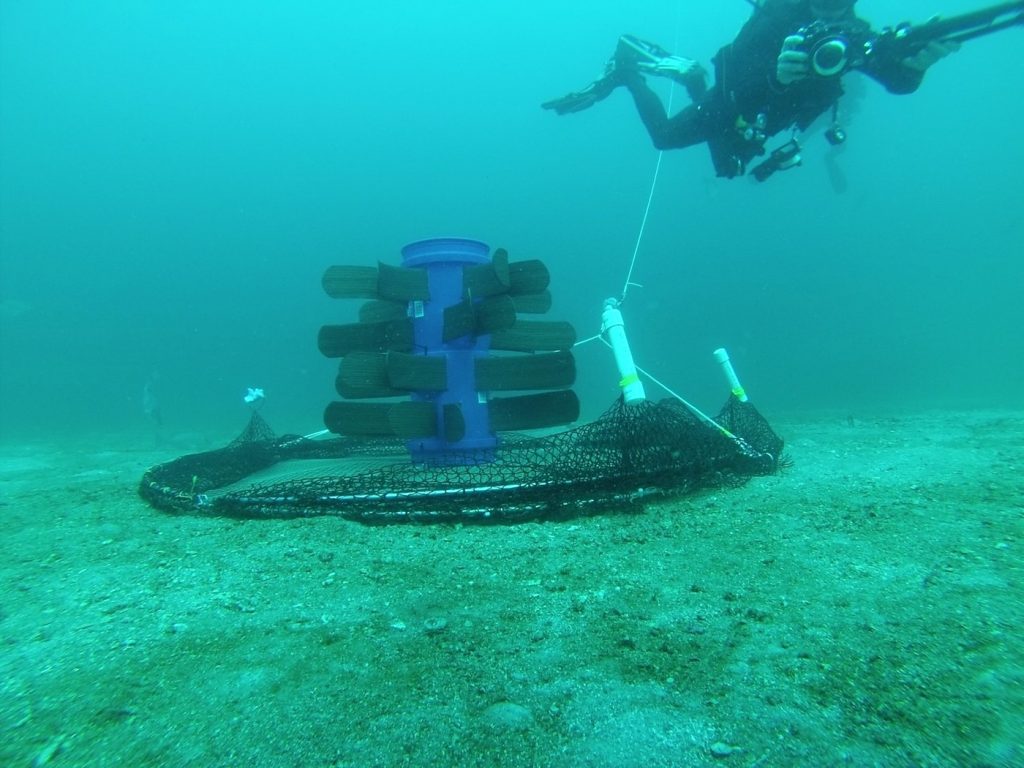
Foghorn (A Call to Action!)
- The Eruption at Kilauea on Hawai’i’s Big Island is truly spectacular, however hundreds of people are displaced from their homes. The mayor has directed those interested in giving donations to contact the Salvation Army at +1 (808) 756-0306.
- Yale study: Newspaper op-eds change minds and The Long-lasting Effects of Newspaper Op-Eds on Public Opinion. Scientists and conservationists, this May, make an effort to publish a Letter to the Editor or OpEd in your local paper. If you’ve done so, please leave a link to it in the comments.
Flotsam (what we’re obsessed with right now)
- Without seasonal workers, the Maryland crab industry is barreling towards a crisis. “Nearly half of the Eastern Shore’s crab houses have no workers to pick the meat sold in restaurants and supermarkets.” Crab crisis: Maryland seafood industry loses 40 percent of work force in visa lottery.
- Trash on the seafloor. Megan McCuller has an eye-opening thread on all the trash they’re finding on the deep seafloor.

- Lionfish Traps! Jake Levenson has been trying something similar in Dominica. New Weapons in the War on Lionfish, a Beautiful but Deadly Invader.

The Levee (A featured project that emerged from Oceandotcomm)



